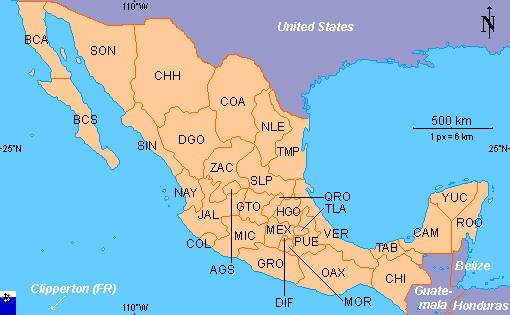
A group of 16 leaders from the U.S. grain, pork and beef industries visited meat processing plants, retail and food services outlets, as well as cold storage facilities and freight forwarders in Mexico, to gain a deeper understanding of how U.S. red meats are currently utilized and where there are growth opportunities for U.S. beef and pork products in Mexico.
“Mexico is a critical export market for both U.S. beef and pork, and has huge upside growth potential,” said U.S. Meat Export Federation President and CEO Philip M. Seng. “As a result, the export market to Mexico is equally important for U.S. corn and soybean growers who provide the feed to support our livestock.”
Mexico remains the leading destination for U.S. beef and beef variety meat exports, with exports totaling 792.4 million pounds during 2007. The United States supplies more than 80 percent of Mexico’s beef imports. According to U.S. Department of Agriculture projections, the beef market in Mexico is projected to grow a modest 2 percent in 2008, followed by a 15 percent jump in 2009, with imports expanding 91 percent over the next 10 years.
“Mexico is a critical export market for both U.S. beef and pork, and has huge upside growth potential,” said U.S. Meat Export Federation President and CEO Philip M. Seng. “As a result, the export market to Mexico is equally important for U.S. corn and soybean growers who provide the feed to support our livestock.”
Mexico remains the leading destination for U.S. beef and beef variety meat exports, with exports totaling 792.4 million pounds during 2007. The United States supplies more than 80 percent of Mexico’s beef imports. According to U.S. Department of Agriculture projections, the beef market in Mexico is projected to grow a modest 2 percent in 2008, followed by a 15 percent jump in 2009, with imports expanding 91 percent over the next 10 years.
Importance: This shows how interconnected these three countries are. Free trade agreement my butt.
Grade this article.






















